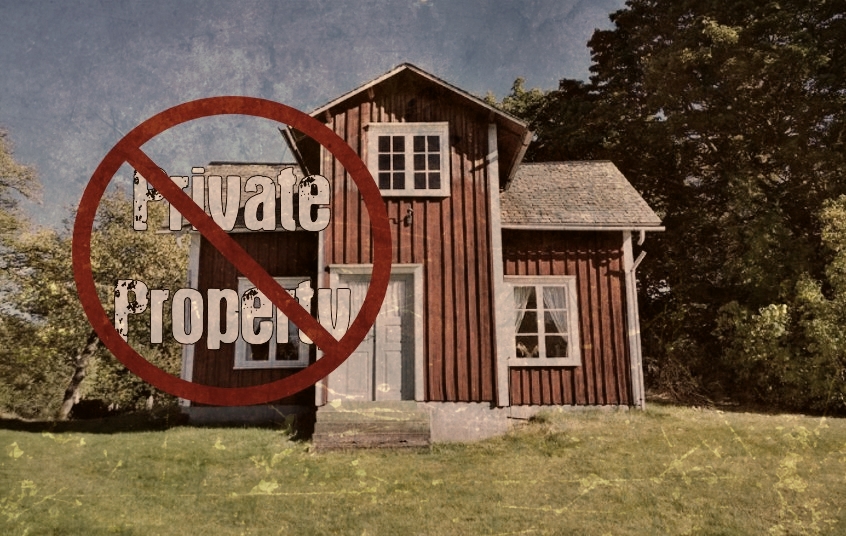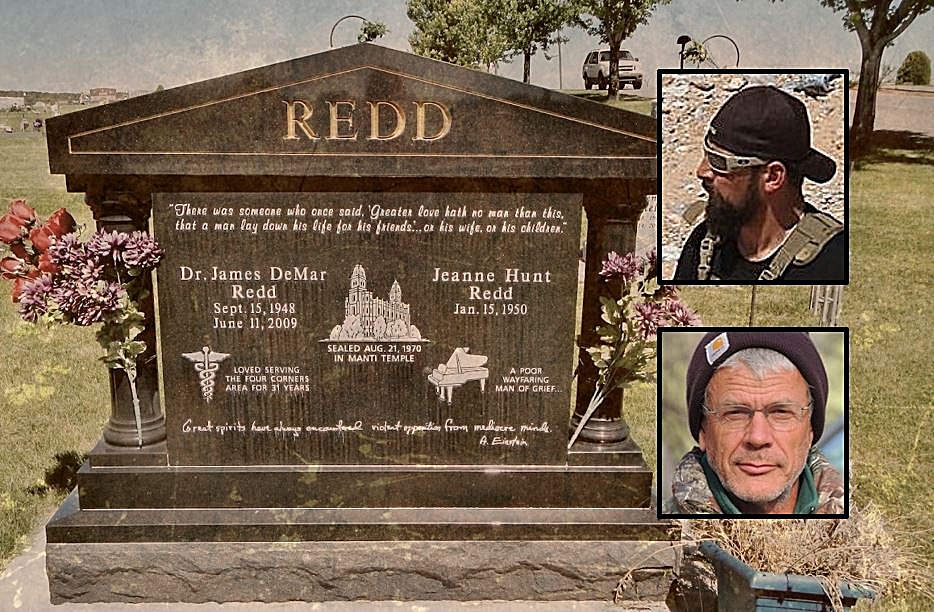Regulations that destroy property value are referred to as “regulatory takings,” as I have mentioned in previous columns. The courts say there is no “taking” of private property requiring “just compensation” unless the government either takes the actual deed, or wipes out ALL of the value. But if such regulatory takings do not violate the letter of the Constitution, they certainly violate its spirit.
Greg Walcher
Imagine that you own a house on a one-acre lot. The neighboring lot is vacant, and zoning rules allow anybody to build a similar house on it. So you decide to buy it and build a house for your daughter so she can live closer. Sorry, not allowed. The zoning rule actually means that any else can buy the lot and build on it, but not you. OK, then if you can’t use the extra lot you’ll sell it off. Again, sorry, not allowed. The zoning board has changed the rule and you now have only one lot.
That is exactly what happened to the Murr family in Wisconsin. The parents had purchased a lot and built their home, then later purchased the adjoining lot as an investment. When they died and the kids inherited the two lots, they decided to sell off the second lot, appraised at $410,000. But they were stopped by a new local zoning ordinance, passed years after their parents made the investment. Under the new rule, the two lots were treated as one and could only be sold together as one, even though they had always been deeded separately, and taxed separately.
That zoning ordinance had confiscated the $410,000 value of the second lot, rendering the parent’s investment worthless. The kids sued, citing the Fifth Amendment prohibition against government taking private property without just compensation. They lost, appealed, and lost again. They went all the way to the U.S. Supreme Court, where they lost again. They were prohibited from building on the lot, or selling it, and they were out $410,000 (plus legal fees).
At every turn in the 13-year legal battle, courts ruled that the government had taken most, but not all, of the lot’s value. The house now sits on a two-acre lot, the courts reasoned, that is at least somewhat more valuable than a home on one acre. Thus, not all of the second lot’s value is gone. That matters to the Court because an earlier ruling established a standard called the “wipe out” rule. Ironically, it stems from a case in which the plaintiff won.
In that 1992 case, the court ruled that David Lucas was entitled to compensation because a newly-enacted state law prohibiting him from building on his property had effectively “wiped out” all of the land’s value. The court said this was an important precedent, but the problem in applying it elsewhere is that very few regulations actually wipe out all value. As in the Murr’s situation, even a very small value remaining is enough for courts to rule against requiring any compensation at all.
Regulations that destroy property value are referred to as “regulatory takings,” as I have mentioned in previous columns. The courts say there is no “taking” of private property requiring “just compensation” unless the government either takes the actual deed, or wipes out ALL of the value. But if such regulatory takings do not violate the letter of the Constitution, they certainly violate its spirit.
Unless you think America’s founders wanted to keep people from living near their families, then they must have had something else in mind. Indeed, they drafted the “takings clause” of the Fifth Amendment without any inkling that someday governments would use zoning to take away the value of people’s property, and leave them holding worthless deeds.
Sometimes governments do need to take private property for public purposes, such as roads, bridges, and public buildings. Society cannot be held hostage by a single landowner who refuses to sell, nor should he be allowed to hold out for extortionate prices. That is why the founders explicitly provided the power of “eminent domain,” allowing governments to condemn such properties and “take” them into public ownership, providing just compensation (meaning fair market value). Without that system, America’s infrastructure would not exist as we know it.
Similarly, governments today may make land use decisions that benefit the general public, including reasonable zoning. Such rules can limit the size of buildings, or reserve particular areas for industrial, farming, or residential uses. That is within government’s power, but when it destroys the value of private property to benefit the whole society, then society has a duty to pay for that value.
Courts are all over the map in recent years, with contradictory rulings on every side of this issue. It shouldn’t be that complicated. Common sense should set the standard for what is fair, not arcane court precedents. What happened to the Murr family was clearly not fair.
Greg Walcher is president of the Natural Resources Group and author of “Smoking Them Out: The Theft of the Environment and How to Take it Back.” He is a Western Slope native.
Read more by Greg Walcher here
[paypal_donation_button]
Free Range Report
[wp_ad_camp_3]
[wp_ad_camp_2]



